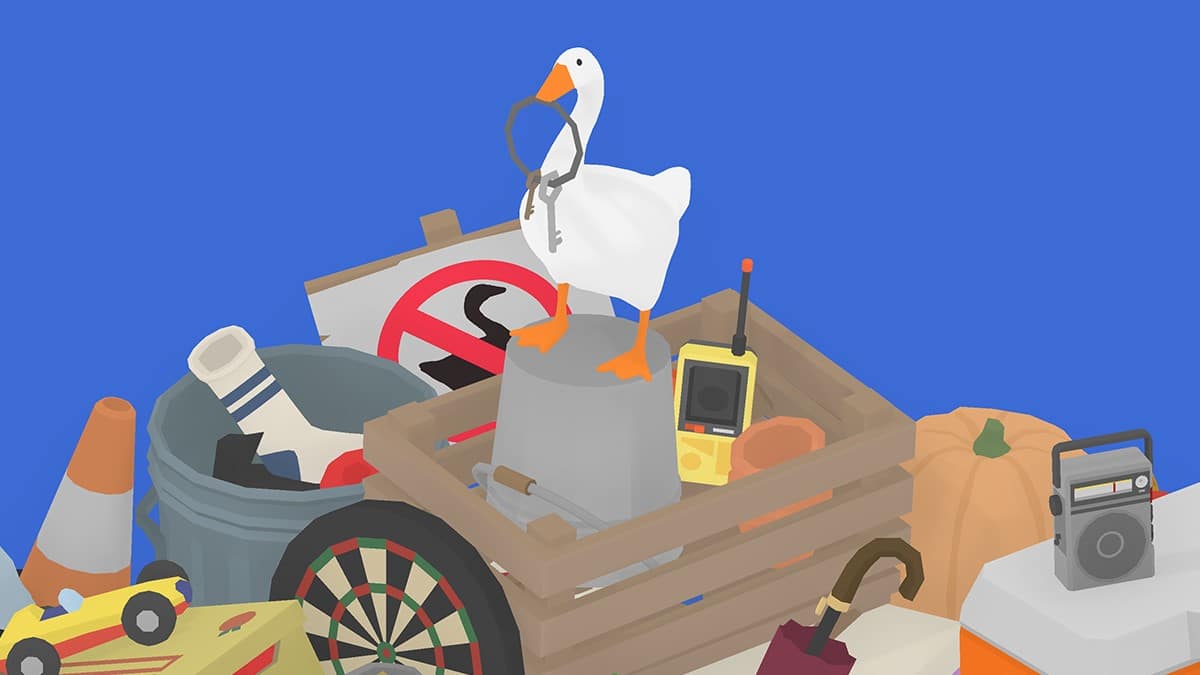Creative Australia has published its inaugural Australian Music and Games 2023 Benchmark, a new study outlining the crossover between music workers and game workers, and analysing their creative output for future funding and support opportunities.
As revealed, Australian game music workers are “having global critical and commercial success” in the process of being recognised as essential collaborators within the Australian games development scene. Recent events like High Score and the Indie Symphony have provided platforms for this work to be recognised by mainstream audiences, with soundtracks for games like Untitled Goose Game, Stray Gods, and Hollow Knight celebrated.
On a global stage, many games have also been recognised for their audio and music achievements. Unpacking from Queensland’s Witch Beam won Best Audio at the Game Developers Choice Awards in 2021, and the River Boy-created soundtrack for Cult of the Lamb from Melbourne’s Massive Monster has received several global award nods since release.
This recognition paints a strong picture for Australia’s game music scene – yet it’s also a sector that faces an array of challenges.
Read: Scoring a role: how do you compose music for games?
“Despite the global opportunities, Australian game music workers remain largely dependent on local networks for obtaining work,” the Australian Music and Games 2023 Benchmark report says. “In turn, the digital game industry’s structural inequalities find themselves currently duplicated in game music, with the sector currently dominated by white, male workers.”
Per the study, game music workers experience a range of working conditions across the country, with the vast majority working part-time and casually. While they earn “more than the average music sector worker”, unpaid work is common. Likewise, 61% of workers report “limited opportunities for obtaining work” as a primary concern for job stability.
Regardless, the study reveals great opportunity for growth in the industry, as games music workers retain globally transferrable skills that chart music, technology, and engineering.
“Game music workers are located at the intersection of these two sectors and perform crucial work as intermediaries, taking skills and knowledge from the music industry to games and vice versa,” the study says. “[They] can independently take advantage of the strengths of each sector and currently have significant opportunities for growth.”
While there is currently little consistency in the industry, the report outlines potential opportunity in growing funding and tax relief for game music workers, as their work contributes strongly to global creative opportunities, and cultural transmission.
The report also calls for better payment and rights management methods, in order for games music workers to better understand their rights, and how their music can be distributed, with proactive change required to encouraging a thriving industry of creative workers.
To that end, the Australian Music and Games 2023 Benchmark study recommends three major long-term goals for change, led by community and government support:
- Expanding and tightening the networks between Australian game music workers and game developers.
- Showcasing Australia’s game music talent and achievements to global game development companies.
- Developing clear and consistent guidelines for game music work, including pay rates, and appropriate rights management.
With strong opportunities for game music workers in Australia and overseas, there is hope the Australian Music and Games 2023 Benchmark will contribute to much-needed changes, as the true value of Australia’s game music output is understood. You can view the full report on the Creative Australia website.





